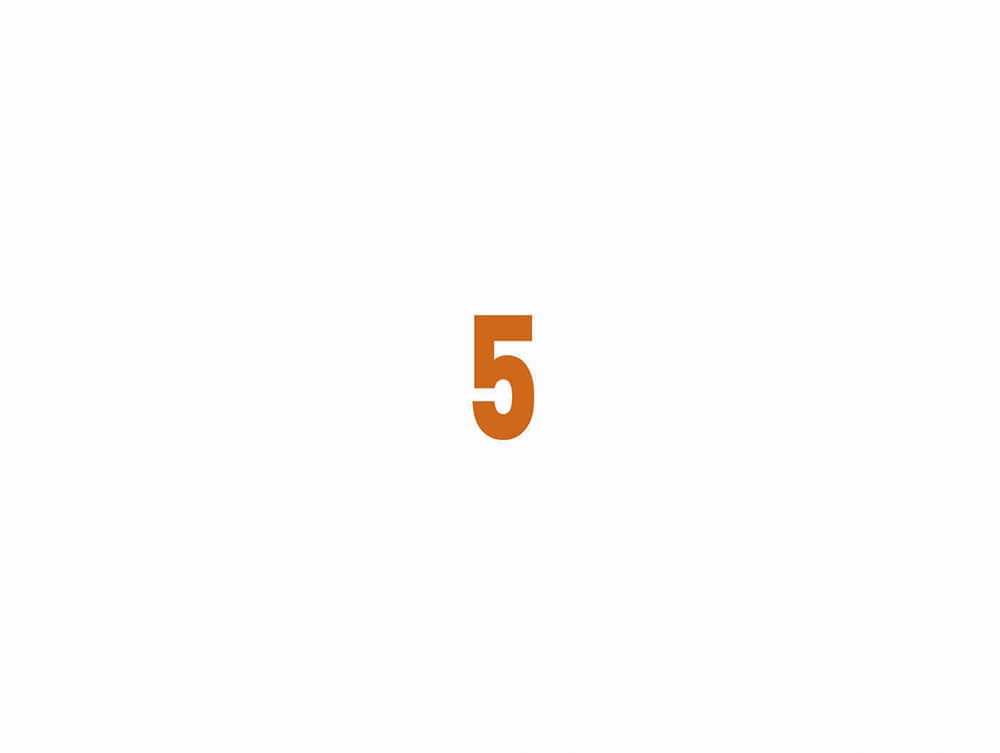
Tripoli, 0930 GMT (1030 Local)
Captain Suslov, Political Officer of the Second Independent Airborne Company (Spetznaz), Soviet Army, walked back and forth in the small plaza near the June 11 Monument. Colonel Ychengko’s bitch had told him to be near the Tunisian restaurant next to the plaza at nine in the morning, to wait for instructions from “the highest levels.” He knew that meant neither the Army nor the party, but the KGB. The prospect of a meeting, either with Colonel Ychengko or with his hatchet woman, Captain Petrovna, made him very nervous, and he was naturally a nervous man to begin with. The Soviet community in Tripoli was very small, and such a meeting, if noticed, would not be put down to chance. He much preferred receiving his instructions in code and by courier, or better yet, not at all. His main job for the Third Directorate was to file periodic reports on the reliability of officers of the Spetznaz, and he did this assiduously, without instruction or interference from Ychengko.
Suslov took shelter under a low palm tree as rain began falling lightly. He was dressed, per instructions, in civilian clothes, and somehow that made him feel more conspicuous than if he had been in uniform. Rain dripped on his broad-brimmed straw hat. He looked at his watch; his masters were late. He put a cigarette in his mouth and turned out of the damp wind to light it under the brim of his hat. As he turned, he came face to face with Colonel Ychengko, wearing an old-fashioned seersucker suit and a similar silly straw hat. Suslov’s jaw dropped, and he almost lost the cigarette. He stifled the instinct to salute, and said quickly, “Good morning, Comrade Colonel.”
“Let’s walk, Suslov,” said Ychengko, pointing toward the harbor.
Ychengko found a bench he liked, looked around carefully, and sat, patting the space beside him for Suslov. The rain lessened and became a heavy mist, but all the Arabs had taken shelter. Suslov felt even more conspicuous, but Colonel Ychengko seemed unconcerned. The older man leaned close to Suslov and spoke quietly. “Suslov, we have special instructions from Moscow concerning this American hostage business.” The colonel paused. Suslov returned his gaze without expression. “Has the Spetznaz company received any new orders?”
“Just this morning, Comrade Colonel. Colonel Zharkov has set up a special commando, a platoon of tanks, plus a platoon of motorized infantry, to be placed under his personal command.” Suslov paused, feeling the pull of his fragmented loyalties.
“Go on,” barked Ychengko.
Suslov felt his nervousness increasing. “The commando is to be made up entirely of Spetznaz officers and men, hand-picked by the colonel.”
Ychengko nodded and waited for Suslov to continue. When he did not, the colonel looked up with evident annoyance. “Well, what else, Suslov? What is this commando supposed to do?”
Suslov shrugged. “Nothing has been said, Comrade Colonel. When I left to come here, the men and vehicles were being assigned and moved to supply warehouses at the northern end of the base.”
“By any chance have you been handpicked for this commando, Captain?”
“No.”
“Damn! How am I going to find out what they are doing?”
Suslov looked at the KGB colonel, pleased to see him agitated. “I am sure I could get into the commando, if it is important, Comrade Colonel.”
Ychengko looked at Suslov skeptically. “How are you sure?”
Suslov smiled slightly. “I am a qualified Spetznaz officer, and qualified in armor. I am sure Colonel Zharkov will give me a place. We are . . . quite friendly.”
Ychengko arched his bushy brows in a quizzical look. He knew the low regard in which zampolits were held by combat commanders. Suslov looked back, holding his slight smile, knowing exactly what Ychengko was thinking. Suslov was under no personal illusions about the depth of Colonel Zharkov’s friendship, but he felt he could count on Zharkov to continue to treat him well. Zharkov was ambitious and had excellent party connections of his own, but the glowing reports Suslov wrote about his colonel could only help. Suslov nodded slightly at the still-smirking Ychengko. Zharkov would put him in a tank, if he asked.
“Well Suslov, by all means get on that commando if you can, and if you can, find out for me what its mission is. But Suslov, this thing could boil over at any minute, and you could find yourself in the midst of an American assault. If you do, you are to ensure that your all-Russian unit inflicts casualties directly upon the Americans, do you understand?”
Suslov didn’t understand. “But, Comrade Colonel, our government has never acknowledged our military presence in this country, beyond embassy personnel!”
“Those orders, Suslov, come directly from Moscow. Do you understand that?”
Suslov nodded slowly. Ychengko got up curtly and strode away across the deserted park. Suslov finally lit his cigarette, turning the whole thing over in his mind. If Russians shoot Americans, Americans will shoot Russians. Why would the government want that? More precisely, why would the KGB want that?